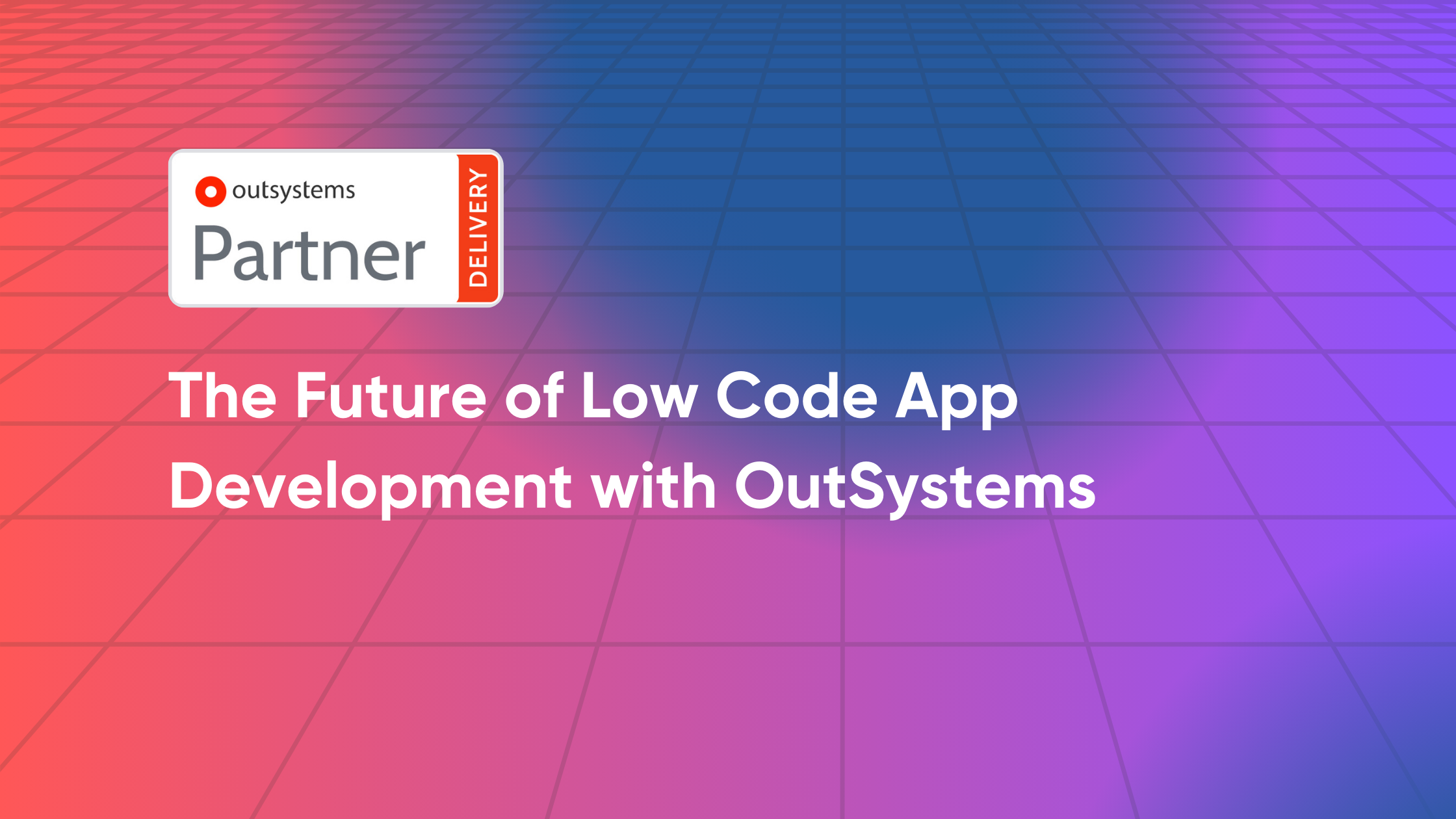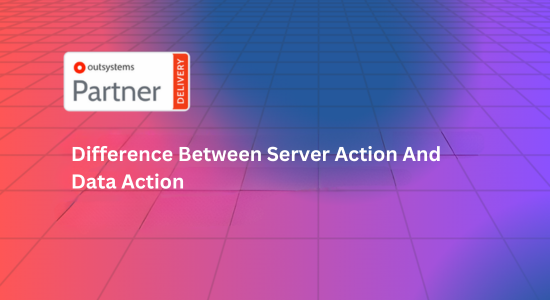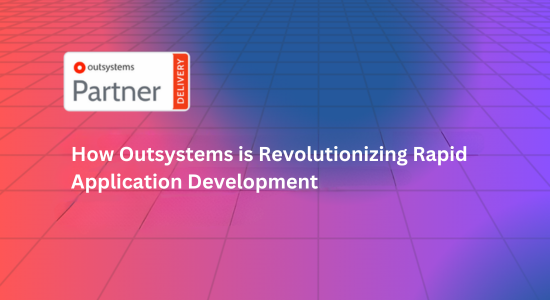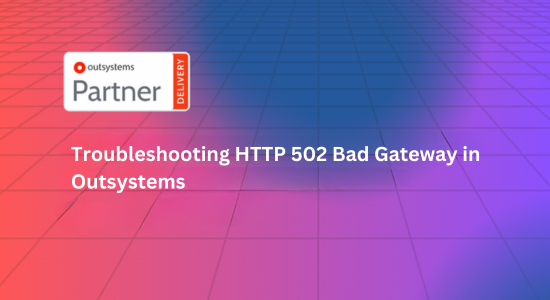In today’s rapidly evolving technological landscape, the role of citizen developers—non-technical users who build and modify applications—has become increasingly significant. With the rise of low-code and no-code platforms, the future of citizen development is being redefined. OutSystems, a leading low-code platform, is at the forefront of this transformation. This blog explores how OutSystems is shaping the future of citizen development, empowering non-technical users, and driving innovation across industries.
What is Citizen Development?
Citizen development refers to the practice of non-IT professionals creating or modifying applications using low-code or no-code platforms. These platforms enable users to build apps with minimal or no traditional coding knowledge, leveraging visual interfaces and pre-built templates. This democratization of application development allows organizations to tap into the skills and insights of employees who understand the business needs but may not have formal programming backgrounds.
The Role of OutSystems in Citizen Development
OutSystems is a prominent player in the low-code development space, offering a robust platform that simplifies and accelerates the application development process. Its platform is designed to cater to both professional developers and citizen developers, providing a range of tools and features that support both groups effectively.
1. User-Friendly Interface
OutSystems features an intuitive drag-and-drop interface that allows users to design and deploy applications quickly. For citizen developers, this means that building functional apps does not require deep technical expertise. The visual development environment helps bridge the gap between business needs and technical execution, enabling users to focus on solving business problems rather than dealing with complex code.
2. Pre-Built Templates and Components
The platform provides a library of pre-built templates and reusable components. These resources simplify the development process for citizen developers, allowing them to start with a solid foundation and customize it according to their needs. By reducing the need to build every element from scratch, OutSystems accelerates development times and enhances productivity.
3. Integration Capabilities
OutSystems supports seamless integration with existing systems and databases. For citizen developers, this means they can build applications that interact with other business systems without needing extensive knowledge of APIs or data structures. This capability is crucial for creating applications that work within an organization’s existing technology ecosystem.
4. Governance and Security
While empowering non-technical users is a key aspect of citizen development, governance and security remain critical. OutSystems addresses these concerns by providing robust tools for monitoring, managing, and securing applications. For organizations, this ensures that citizen-developed apps adhere to company policies and standards, reducing risks associated with unauthorized or insecure applications.
Benefits of Citizen Development with OutSystems
1. Accelerated Innovation
By enabling non-technical users to develop applications, OutSystems accelerates innovation within organizations. Employees who understand the intricacies of their business processes can quickly build solutions tailored to their needs, leading to faster problem-solving and more agile responses to changing market conditions.
2. Increased Efficiency
Citizen development reduces the burden on IT departments by allowing business users to create and manage their own applications. This shift helps alleviate the IT backlog and enables professional developers to focus on more complex and high-value projects. The result is a more efficient development process and a better alignment of technology solutions with business needs.
3. Enhanced Collaboration
OutSystems fosters collaboration between business and IT teams. The platform’s visual development tools and integration capabilities allow both groups to work together more effectively. Business users can prototype and iterate on their ideas, while IT professionals can provide guidance and ensure that the resulting applications meet technical and security standards.
4. Cost Savings
The use of low-code platforms like OutSystems can lead to significant cost savings. By reducing the time and resources required to develop applications, organizations can lower their development costs. Additionally, the ability for non-technical users to build their own solutions can reduce the need for expensive external consultants or contractors.
The Future of Citizen Development with OutSystems
As technology continues to advance, the role of citizen developers is expected to grow. OutSystems is poised to play a pivotal role in this evolution, driving several key trends and developments.
1. Expansion of Low-Code Capabilities
OutSystems is continuously enhancing its low-code platform, adding new features and capabilities to support a broader range of use cases. Future developments may include even more advanced AI-driven tools, enhanced automation features, and greater support for complex integrations. These advancements will further empower citizen developers to tackle more sophisticated projects.
2. Greater Focus on User Experience
The emphasis on user experience will become increasingly important as citizen development grows. OutSystems is likely to continue refining its platform’s interface and usability, ensuring that non-technical users can easily create applications that are both functional and user-friendly. Improved design tools and user experience enhancements will be critical in achieving this goal.
3. Enhanced Collaboration Tools
Collaboration between business users and IT departments will remain a key focus. OutSystems may introduce more advanced collaboration features, such as real-time co-development tools, enhanced feedback mechanisms, and integrated communication channels. These improvements will facilitate smoother teamwork and more effective development processes.
4. Integration with Emerging Technologies
As new technologies emerge, such as IoT, blockchain, and advanced AI, OutSystems is likely to integrate these innovations into its platform. This integration will enable citizen developers to build applications that leverage cutting-edge technologies, expanding the scope of what can be achieved through low-code development.
Challenges and Considerations
While the future of citizen development with OutSystems is promising, several challenges need to be addressed.
1. Skill Gap
Despite the user-friendly nature of low-code platforms, there may still be a skill gap among some citizen developers. Organizations will need to invest in training and support to ensure that users can fully leverage the platform’s capabilities.
2. Change Management
Implementing citizen development practices may require changes to existing processes and workflows. Organizations will need to manage these changes effectively to ensure a smooth transition and maximize the benefits of citizen development.
3. Governance and Compliance
As more applications are developed by non-technical users, maintaining governance and compliance becomes increasingly important. Organizations will need to establish clear policies and oversight mechanisms to ensure that citizen-developed apps meet security and regulatory requirements.
Conclusion
The future of citizen development with OutSystems is bright, with the potential to transform how applications are created and deployed within organizations. By empowering non-technical users with powerful low-code tools, OutSystems is driving innovation, efficiency, and collaboration. As the platform continues to evolve, it will play a crucial role in shaping the next generation of application development, enabling businesses to stay agile and responsive in an ever-changing world.
Embracing citizen development with OutSystems offers a pathway to unlocking new levels of creativity and productivity, making it an exciting prospect for organizations looking to stay ahead in the digital age.








